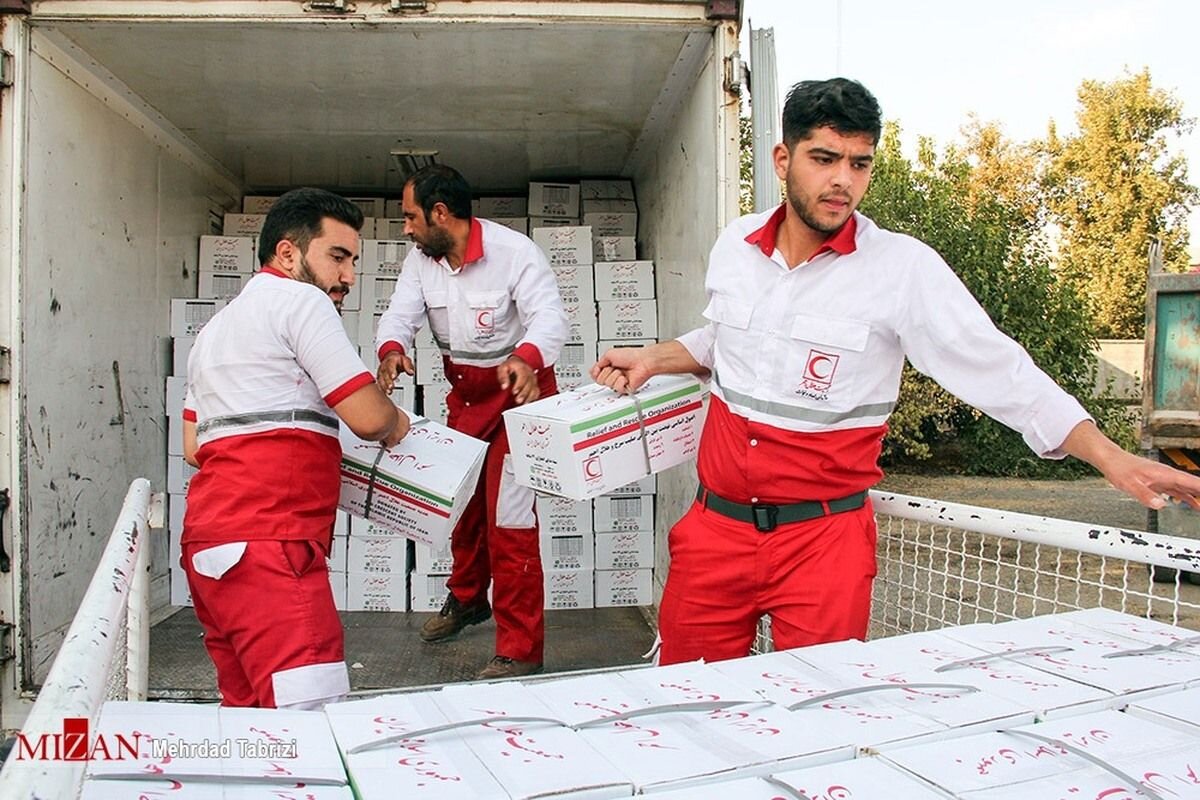IRCS imports new shipment of medicine for SMA patients

TEHRAN- The Iranian Red Crescent Society has announced that the second shipment of SPINRAZA medicine which is used for the treatment of spinal muscular atrophy (SMA) patients arrived in the country.
Spinal muscular atrophy is a disease that robs people of physical strength by affecting the motor nerve cells in the spinal cord, taking away the ability to walk, eat, or breathe.
It is the number one genetic cause of death for infants. It affects approximately 1 in 11,000 births, affecting any race or gender.
The medicine will soon be available to patients under the supervision of the Ministry of Health, Alireza Askari, an official with the IRCS said, IRIB reported.
Nusinersen with the brand name SPINRAZA is the first medication for the treatment of SMA that was approved by international organizations in 2016 to treat the disorder and is now used in more than 50 countries.
Currently, more than 600 people in Iran, most of whom are children, are suffering from MSA.
In August 2022, the first shipment of Evrysdi, an oral medication used to treat SMA, was imported to the country, said Saeed Azamian, CEO of the SMA Association of Iran.
Risdiplam, sold under the brand name Evrysdi, is the first oral medication approved to treat the disease.
The National Document on Rare Diseases has been approved in December 2020, with the aim of preventing the birth of infants with rare diseases and removing medical and therapeutic problems.
The Majlis (Iranian Parliament) approved a total of 50 trillion rials (about $100m) for the treatment of patients with rare diseases in the Iranian calendar year 1401 (March 2022-March 2023), Health Minister Bahram Einollahi has said.
For the first time in the budget bill, a fund has been set up to support patients with such diseases, Hamidreza Haji Babaei, chairman of the planning and budget committee of the parliament (Majlis), said in February last year.
U.S. sanctions have directly impacted the lives of Iran's most vulnerable citizens, including women, children, and patients.
In May 2018, the U.S. began to unilaterally impose sanctions against Iran after the former left the Iran agreement, officially called the Joint Comprehensive Plan of Action (JCPOA).
The sanctions, preserved under the Joe Biden administration, have restricted the financial channels necessary to pay for basic goods and medicine, undermining supply chains by limiting the number of suppliers willing to facilitate sales of humanitarian goods to the country.
Iran has repeatedly denounced the sanctions as an act of “economic war”, “economic terrorism”, and “medical terrorism”.
MT/MG
Leave a Comment